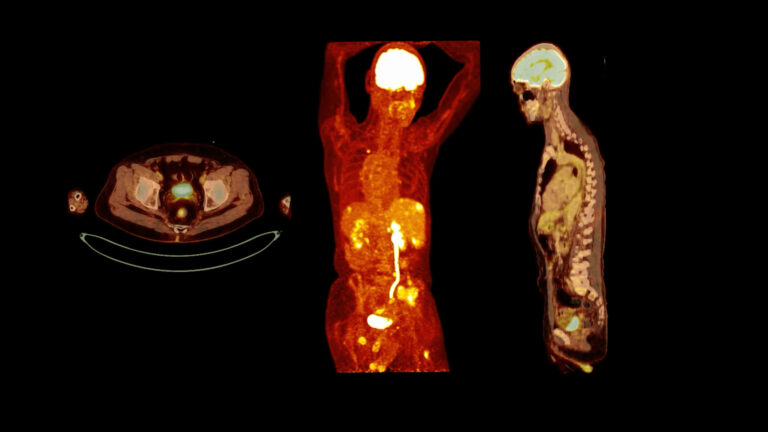AI-Based Image Enhancement
Artificial intelligence (AI) has revolutionised numerous industries, and image enhancement is no exception. AI-based image enhancement leverages machine learning algorithms to improve the quality, clarity, and aesthetic appeal of digital images. This technology has widespread applications, from professional photography and medical imaging to security systems and entertainment.
At its core, AI-based image enhancement involves training algorithms on large datasets of high- and low-quality images. Through this process, the AI learns to identify patterns and features in images that correlate with improved quality. Techniques such as convolutional neural networks (CNNs) and generative adversarial networks (GANs) are commonly employed. CNNs excel at recognising spatial hierarchies in images, while GANs create enhanced images by pitting two networks—a generator and a discriminator—against each other in a competitive framework. This allows for realistic and high-fidelity image outputs.
One of the most notable applications of AI in image enhancement is noise reduction. Digital images often suffer from noise, which can result from low-light conditions or poor-quality sensors. Traditional denoising techniques rely on fixed algorithms that often sacrifice details. In contrast, AI-based methods adaptively reduce noise while preserving finer details, offering a significant improvement in overall image quality.
Another prominent feature of AI-based image enhancement is super-resolution. This process involves upscaling low-resolution images to higher resolutions without losing important details. AI models predict and add missing pixel information, allowing for sharper, clearer images. This capability is particularly valuable in medical imaging, where enhanced resolution can assist in more accurate diagnoses, and in forensics, where it can clarify critical details in blurry evidence.
Colourisation is another area where AI shines. Black-and-white or faded photographs can be transformed into vibrant, lifelike images. By analysing the context and features of an image, AI can predict suitable colours and apply them realistically. Similarly, AI algorithms can perform automated image retouching, correcting exposure, contrast, and colour balance to achieve professional-quality results.
AI-based image enhancement is not without challenges. One concern is computational cost. These algorithms often require significant processing power, which can be a barrier for smaller organisations. Additionally, there are ethical concerns regarding the potential misuse of this technology, such as creating misleading or manipulated images.
Nonetheless, the benefits of AI-driven image enhancement are undeniable. It saves time, improves productivity, and often achieves results far beyond the capabilities of traditional methods. As AI continues to evolve, it is poised to become an even more integral part of industries that rely on high-quality imagery.
home » AI-Based Image Enhancement



